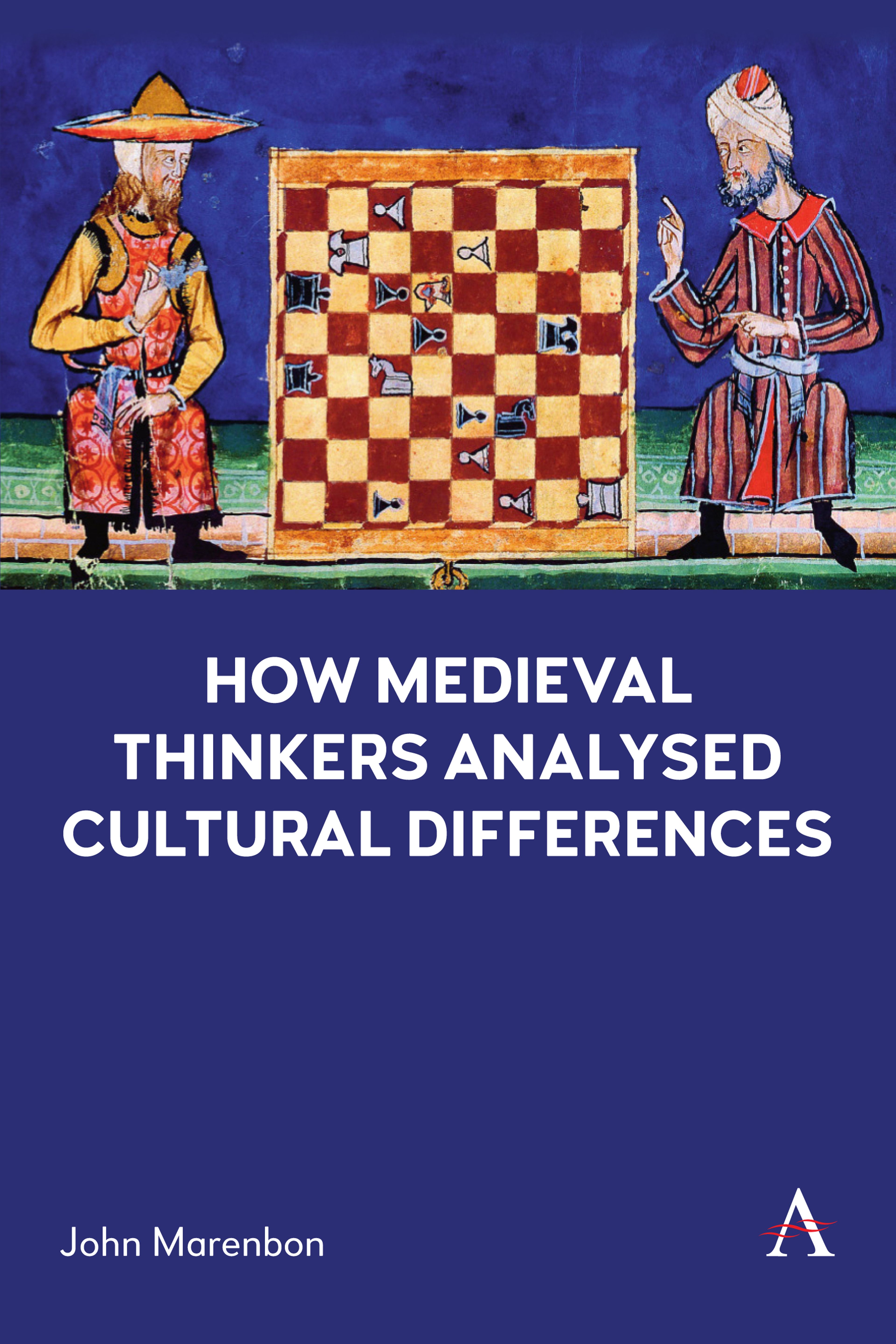Julia Tanney
Anthem Studies in Wittgenstein
ISBN: 9781839984839
Pages: 242
Pub Date: July 2022
Imprint: Anthem Press
Julia Tanney’s Meaning, Mind, and Action mounts an overarching challenge to widely held presuppositions within the practice of philosophy in its classical ‘analytic’ forms as well as in its ‘naturalist’ and ‘cognitivist’ turns, expanding upon those introduced in Rules, Reason and Self-Knowledge (2013).
Influenced by arguments of Wittgenstein, Ryle, and others, Tanney confronts the ‘platitudes’ or unalterable starting points that implicitly or explicitly ground mainstream, philosophical theorising, beginning with the ideas first, that the meaning of a complex, natural language expression such as a sentence is determined by its structure and second, that the meaning of its constituents and that such content—which must remain stable across contexts—is needed to accommodate logical transformations (embeddings in, say, negational, conditional, or propositional attitude contexts) and inferential reasoning. Opposing the ideas that this semantic or propositional content is the bearer of truth or falsehood and that to grasp a concept is to be equipped with rules which fix the relation between an expression and its reference or extension, Tanney argues, by contrast, that our practices are logically prior to their codifications. Explanations, justifications, or the appeal to principles, rules, norms are not on the same logical footing as the moves they endorse; in particular, our successful linguistic practices are not causally explained by a prior grasp of ‘meanings’. Further, to appreciate the indefinite elasticity of most, if not all, natural language expressions is to accept that there may be nothing in common by which we call a thing by the same name. Not only does this subvert the idea that the essence of our concepts can be revealed by contextually transcendent application conditions; it undermines the idea that they function to signify facts, properties, events, or relations whose nature is to be revealed by metaphysical or philosophical-scientific speculation. Construing them so would destroy the saying and explanatory power of the expressions subsumed by these concept-nouns in natural language discourses.






